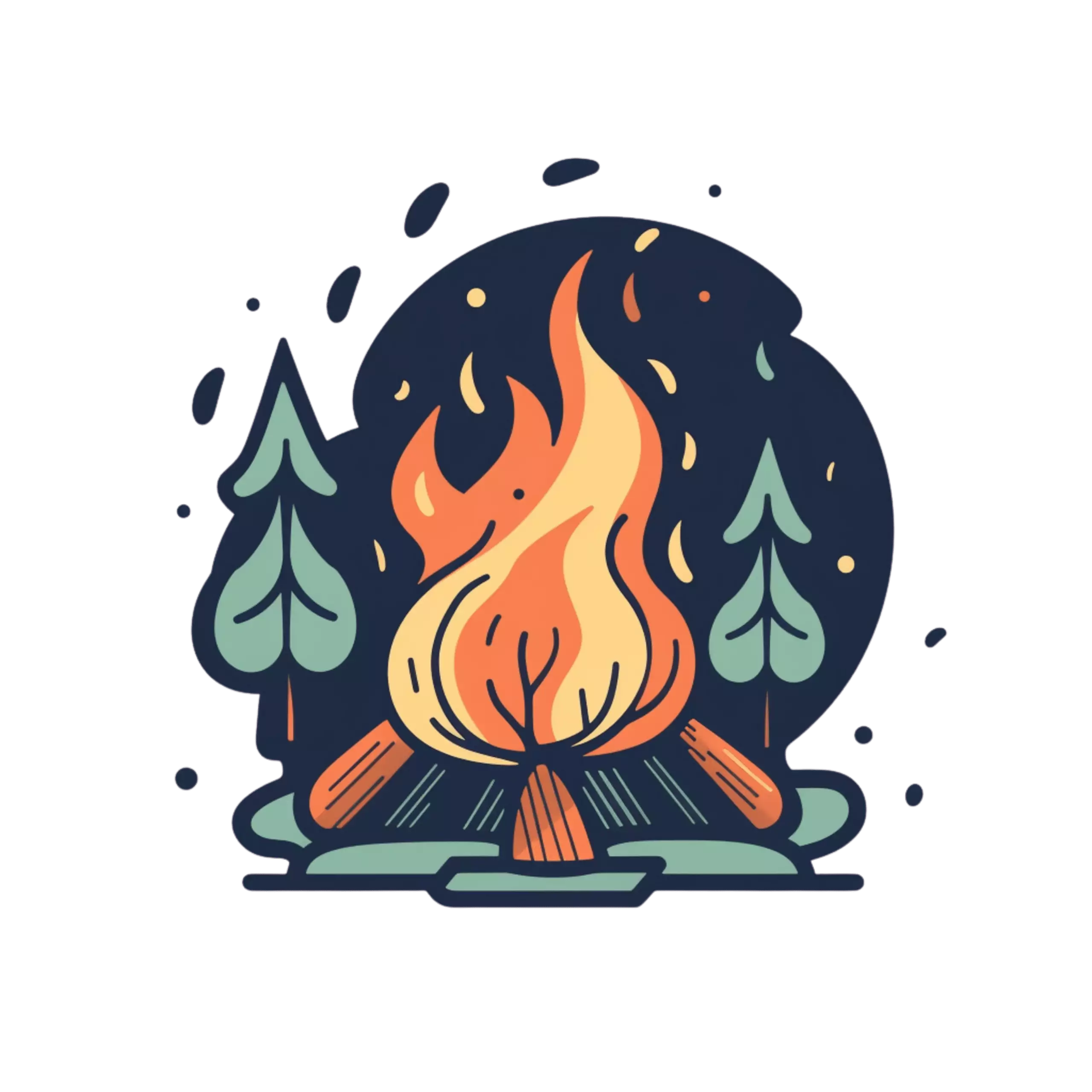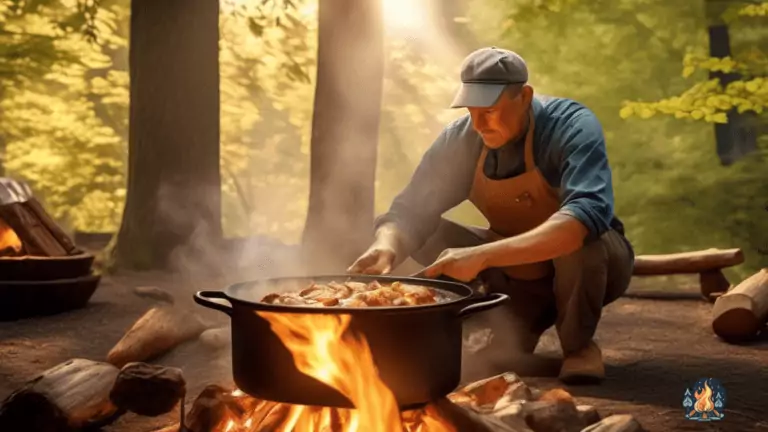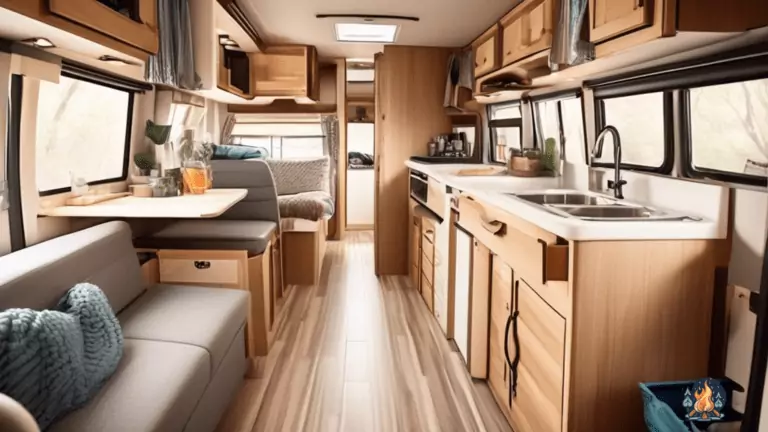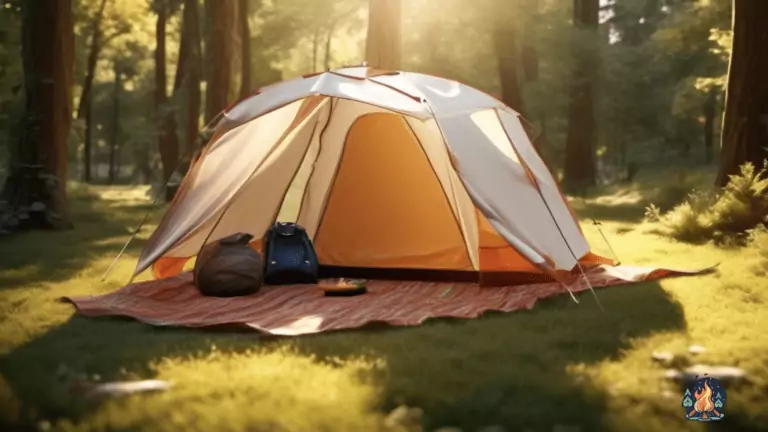A Comprehensive RV Safety Checklist For Beginners
by Kevin Fairbanks • Updated: January 21, 2024
Planning your first RV adventure? Don’t forget to check out this comprehensive RV safety checklist for beginners! Click now to ensure a stress-free and worry-free trip.
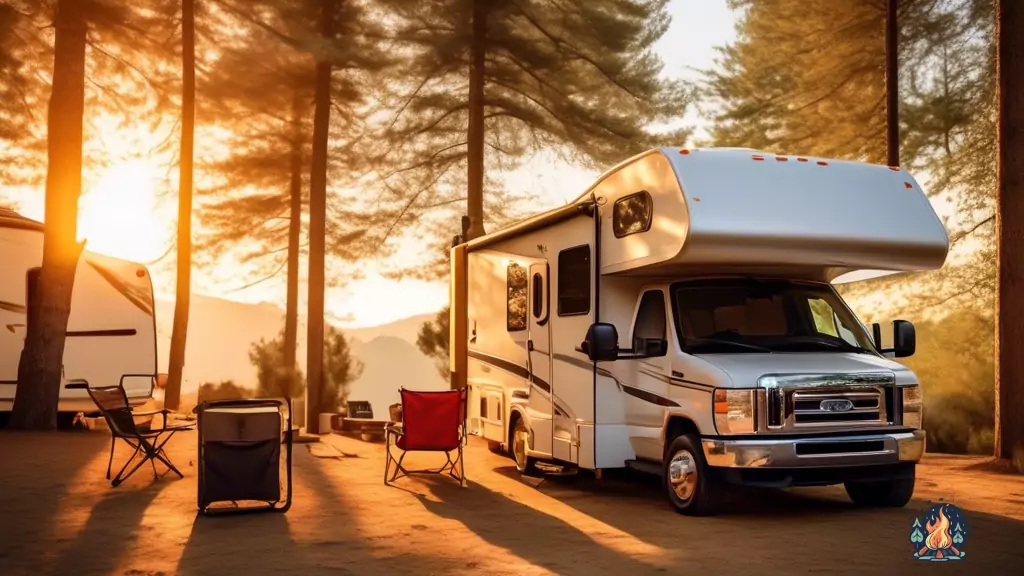
Are you ready to hit the open road and embark on an unforgettable RV adventure? Before you rev up the engine and set off on your journey, it’s crucial to prioritize safety. After all, a happy and enjoyable trip begins with a comprehensive RV safety checklist.
Don’t worry, we’ve got you covered! This article will guide you through everything you need to know about keeping yourself and your fellow travelers safe while on the road.
Picture this: you’re cruising down the highway, wind in your hair, and a big smile on your face. Suddenly, you hear a loud thud, and your heart skips a beat. Your mind races with worry as you wonder, "Did I forget to check something before I left?"
Fear not, dear beginner RV enthusiast! This comprehensive safety checklist will ensure that you have all your bases covered, from pre-trip inspections to emergency preparedness.
So buckle up and get ready to embark on a safe and laughter-filled adventure in your RV!
Key Takeaways
- Prioritizing safety is crucial before embarking on an RV adventure.
- Conducting thorough pre-trip inspections, both exterior and interior, is essential to ensure the safety of the RV.
- Equipping the RV with necessary safety equipment such as fire extinguishers, first aid kits, and emergency flares is vital.
- Practicing safe driving practices, wearing seat belts, and driving at a moderate speed contribute to a safer RV journey.
Pre-Trip Inspection of Your RV
Before hitting the road in your RV, it’s crucial to give it a thorough once-over, like a seasoned detective inspecting a crime scene, to ensure that everything is in working order. You don’t want any surprises when you’re out on the open road, like your toilet suddenly deciding to take a vacation or your fridge deciding to play hide and seek with your food.
So grab your magnifying glass, Sherlock, and let’s get inspecting!
First, start with the exterior of your RV. Check the tires to make sure they’re properly inflated and not looking like they’re about to burst any minute. Give the brakes a quick test to make sure they’re not feeling mushy or unresponsive. Don’t forget to inspect the lights too, because you don’t want to be driving around at night with a busted taillight, attracting the attention of every cop within a 10-mile radius.
Next, it’s time to dive into the interior of your RV. Start by inspecting the plumbing system, because nobody wants a surprise leak when they’re in the middle of taking a shower. Check all the faucets and pipes for any signs of leakage or damage. And don’t forget to give your toilet a good flush to make sure it’s not going to turn into a geyser when you least expect it.
Inspecting your RV before hitting the road may seem like a chore, but it’s worth it to avoid any unexpected mishaps. Plus, it gives you a chance to channel your inner detective and feel like a real-life Sherlock Holmes.
So grab your detective hat and get ready to hit the road with confidence, knowing that your RV is in tip-top shape.
Essential Safety Equipment for Your RV
To ensure your RV is equipped for safety, make sure you have all the essential equipment on board. We’re not talking about just any equipment, we’re talking about the kind that will save you from a potential disaster and make you feel like a superhero on wheels. So grab your cape and let’s dive into the world of RV safety gear!
Now, I know what you’re thinking, "What kind of gear do I need? I’m not going to battle villains, I just want to have a good time on the road." Well, my friend, you may not be fighting crime, but you never know when you might encounter a flat tire, a leaky pipe, or even an alien invasion (hey, it could happen!). That’s why it’s important to be prepared with the right equipment.
Let’s take a look at a handy-dandy table that will show you exactly what you need to have on board. Don’t worry, it’s not as complicated as assembling IKEA furniture. Trust me, you got this!
| Equipment | Why You Need It | Where to Get It |
|---|---|---|
| Fire Extinguisher | To put out small fires and impress your neighbors | Local hardware store or online |
| First Aid Kit | To patch up boo-boos and make your friends jealous | Pharmacy or camping supply store |
| Emergency Flares | To signal for help or pretend you’re in a rock concert | Auto parts store or online |
| Tire Pressure Gauge | To prevent blowouts and feel like a race car driver | Auto supply store or online |
There you have it, the essential safety equipment for your RV. Remember, it’s better to be safe than sorry, and it doesn’t hurt to have a little fun along the way. So go ahead, stock up on these goodies, and hit the road with confidence. And who knows, maybe you’ll even save the day in the process!
Safe Driving Practices for RV Owners
Practice safe driving habits to ensure a smooth and enjoyable RV experience.
First and foremost, remember to always buckle up! Yes, even in your cozy RV, seat belts are your best friends. You may think you’re safe and snug in your home on wheels, but trust me, unexpected turns or sudden stops can still send you flying. So, keep those seat belts fastened and avoid becoming a human projectile.
Now, let’s talk about speed. We all know how tempting it is to put the pedal to the metal and feel the wind in your hair (or the AC blowing through your windows). But slow and steady wins the race when it comes to RV driving. Take it easy, my friend. Your RV is not a race car. Give yourself plenty of time to reach your destination and enjoy the journey.
Plus, driving at a moderate speed will help you avoid any unexpected surprises on the road. And trust me, you don’t want to be caught off guard by a pothole or a squirrel crossing the road. So, take it easy and enjoy the ride. Remember, you’re not in a rush, you’re on vacation!
Campground Safety Tips
When setting up camp at a campground, make sure to familiarize yourself with the location of the nearest emergency exits. You never know when you might need to make a quick escape from a fellow camper’s rendition of "Kumbaya" on the ukulele. So, keep your eyes peeled for those exit signs and make a mental note of the quickest route to safety.
Now that you know where to run, let’s talk about some other important campground safety tips. Remember, safety first, fun second (or maybe third, after s’mores). Here’s a handy list to keep in mind:
- Keep your distance from wildlife: Sure, that raccoon might look cute and cuddly, but trust me, it’s not interested in snuggling. Keep your food locked up tight and your distance even tighter. This way, you won’t have to worry about any unwanted encounters with a hangry bear or a mischievous squirrel.
- Don’t be a fire hazard: We all love a good campfire, but let’s not turn the campground into a scene from an action movie. Keep your fire contained within the designated fire ring and never leave it unattended. And for the love of all things marshmallow, please don’t throw your cigarette butts into the woods. Let’s keep the forest where it belongs – not up in flames.
- Be a good neighbor: Camping is all about community, so be a good neighbor and follow the golden rule of camping etiquette: don’t be a jerk. Keep your noise levels down, clean up after yourself, and respect your fellow campers’ space. Remember, we’re all here to relax and enjoy nature, not listen to your off-key rendition of "Bohemian Rhapsody" at 2 am.
- Stay hydrated (with the right kind of liquid): It’s easy to get caught up in the excitement of camping and forget to drink enough water. But trust me, dehydration is no joke. So, make sure to pack plenty of water and avoid the temptation to replace it with copious amounts of marshmallow-flavored vodka. Your body will thank you, and you’ll be able to fully enjoy all the adventures that camping has to offer.
So, there you have it, some campground safety tips to keep you safe and sound during your RV adventures. Now go out there and have a blast, just remember to keep an eye out for those emergency exits and maybe leave the ukulele at home.
Emergency Preparedness for RV Travel
Emergency preparedness is crucial for RV travel, as it ensures that you are equipped to handle any unforeseen circumstances that may arise. For example, imagine you are in the middle of a remote camping spot and suddenly experience a medical emergency. Without proper preparation, this situation could quickly turn into a nightmare. That’s why it’s important to have a well-stocked first aid kit on board your RV. This kit should include essentials such as bandages, antiseptic ointment, pain relievers, and any necessary medications. Additionally, consider taking a basic first aid course before hitting the road, so you’re familiar with how to handle common injuries or illnesses that may arise.
To further ensure your safety, it’s also important to have a plan in case of emergencies. This includes knowing the location of the nearest hospital or urgent care facility, as well as having a list of emergency contacts readily available. In case of a breakdown or mechanical issue, it’s helpful to have a roadside assistance membership, so you can quickly get the help you need. And let’s not forget about the importance of having a reliable communication device, such as a cell phone or two-way radio, to stay connected in case of emergencies.
Now, let’s have a little fun while discussing emergency preparedness. Below is a humorous table that highlights some essential items you may not think about needing in an emergency situation. Remember, being prepared doesn’t mean you can’t have a sense of humor!
| Essential Item | Purpose | Importance Level |
|---|---|---|
| Chocolate | Emergency snack | High |
| Duct tape | Fixing everything | Very high |
| Rubber chicken | Distraction | Moderate |
| Silly string | Emergency entertainment | High |
| Whoopee cushion | Comic relief | Very high |
While these items may not be on your traditional emergency preparedness checklist, they can certainly help lighten the mood in a stressful situation. So, remember, it’s important to be prepared for emergencies, but it’s also important to find moments of laughter along the way.
Frequently Asked Questions
How often should I check the tire pressure and tread depth on my RV?
You should check your RV’s tire pressure and tread depth regularly, ideally before every trip. Neglecting this could lead to a blowout or poor handling. Remember, a flat tire on an RV is like a bad hair day – nobody wants that!
Are there any specific safety regulations or guidelines for towing a trailer with an RV?
When towing a trailer with your RV, there are important safety regulations and guidelines to follow. Ensure you have the correct hitch, maintain a safe speed, and check your mirrors often. Remember, safety isn’t just for the birds!
What are some common fire hazards in RVs and how can I prevent them?
To prevent fire hazards in your RV, be cautious with electrical systems, keep flammable items away from heat sources, and have working smoke detectors. And remember, if your RV is on fire, it’s probably not a good time for a marshmallow roast! Stay safe!
Can you provide some tips on how to safely navigate and park an RV in tight spaces?
When it comes to navigating and parking your RV in tight spaces, remember to breathe and keep those knuckles from turning white. Take it slow, use your mirrors, and don’t be afraid to ask for help. Happy maneuvering!
Are there any specific safety considerations for traveling with pets in an RV?
When traveling with pets in your RV, safety should be your top priority. Make sure to secure them properly, provide them with a comfortable space, and always have their essentials on hand. Happy travels with your furry friends!

Hi, I’m Kevin, a lifelong camping enthusiast and the voice behind Campfire Discoveries. From tent to RV to cabin camping, I’ve explored it all. Join me as we share stories and tips around the campfire, deepening our connection with the great outdoors.
Keep Reading
-
Mastering Dutch Oven Cooking: Campfire Recipes You’ll Love
Learn how to master Dutch oven cooking with these delicious campfire recipes. Indulge in flavors that will leave you craving for more. Try them out today!
-
Smart RV Storage Solutions For Beginners
Maximize space and stay organized with these smart RV storage solutions. Say goodbye to clutter and click here for ingenious ideas that will transform your travel experience!
-
Stay Shaded And Protected: Tents With Built-In Canopies
Upgrade your camping experience with tents featuring built-in canopies. Stay shaded, protected, and make the most of your outdoor adventures. Click now to discover the ultimate camping upgrade!
